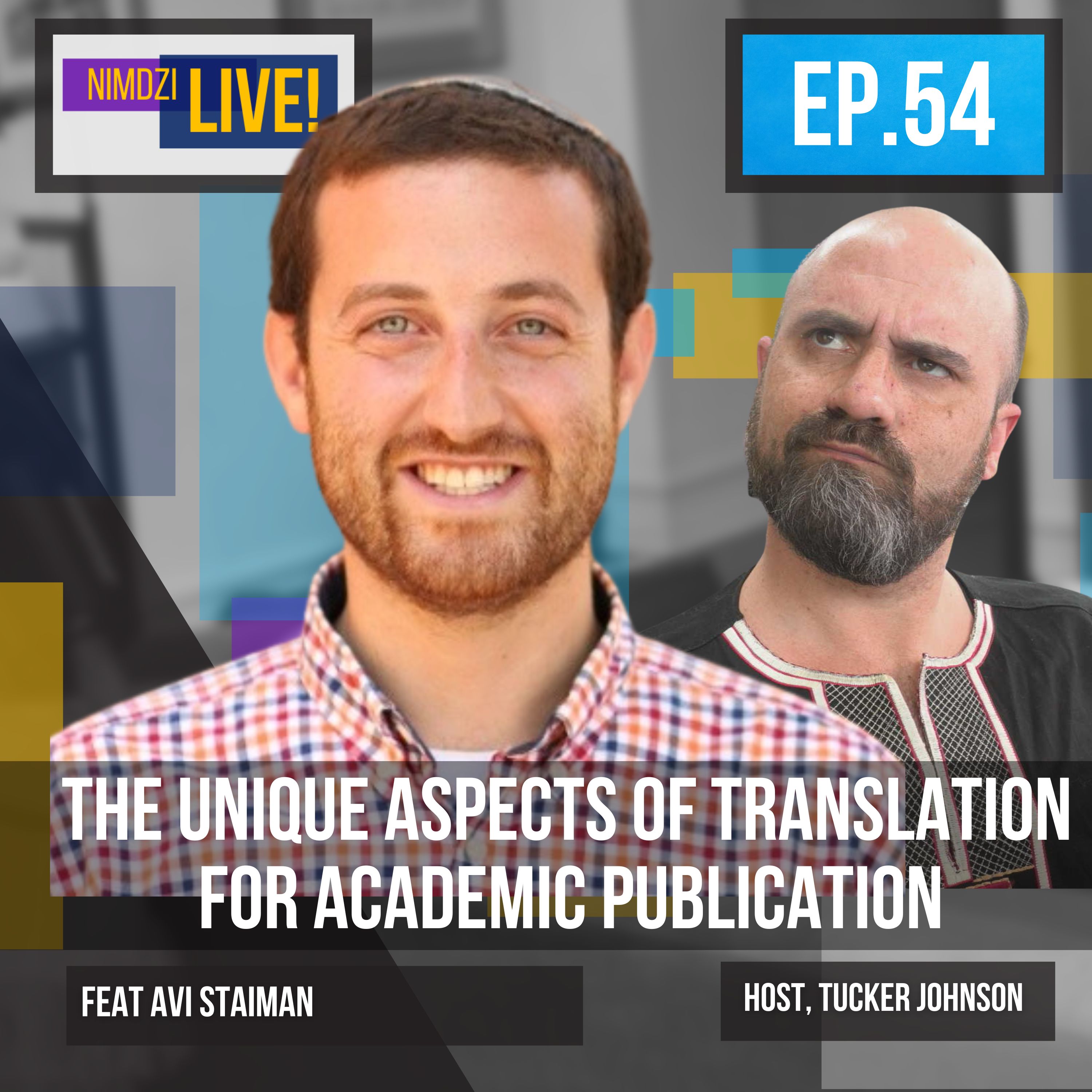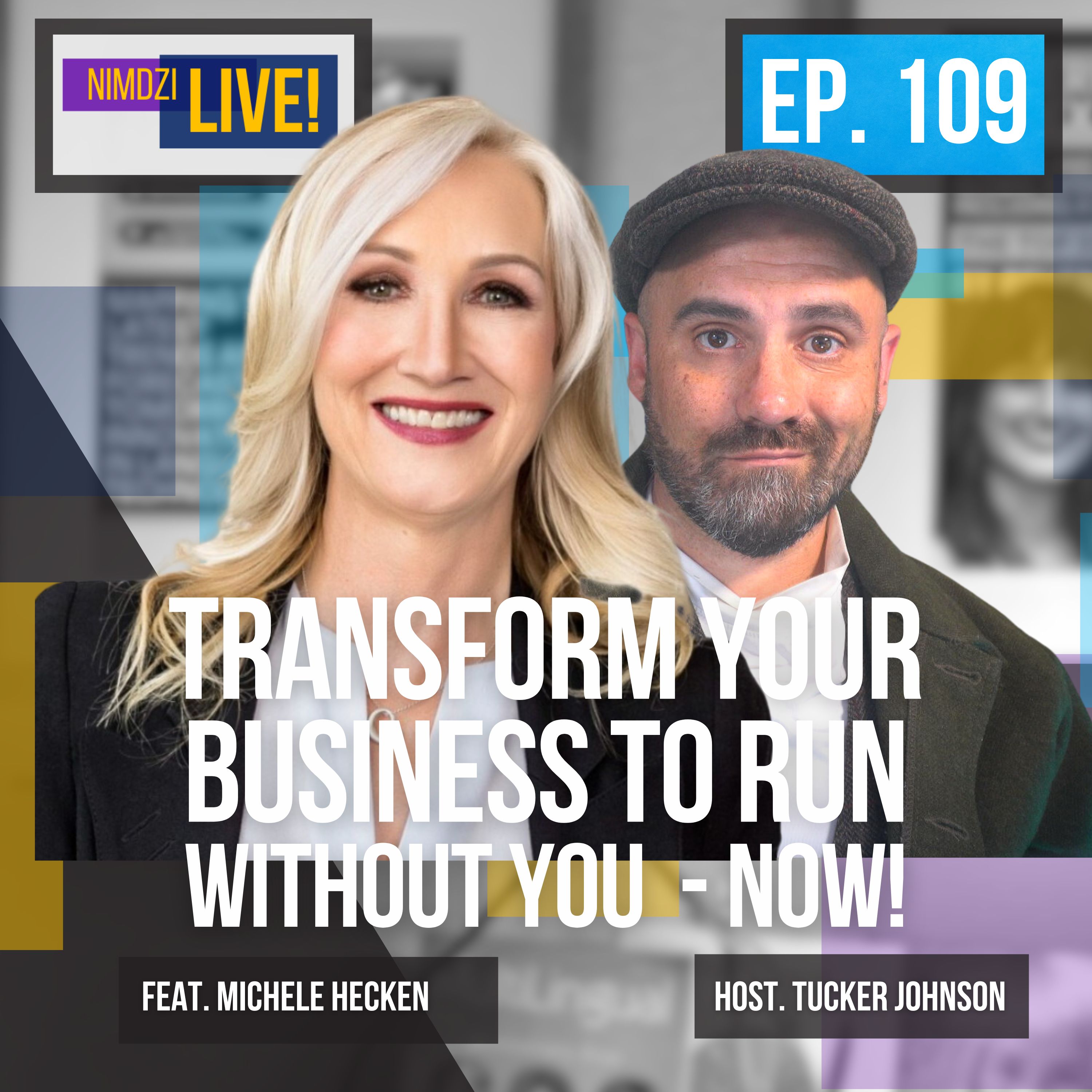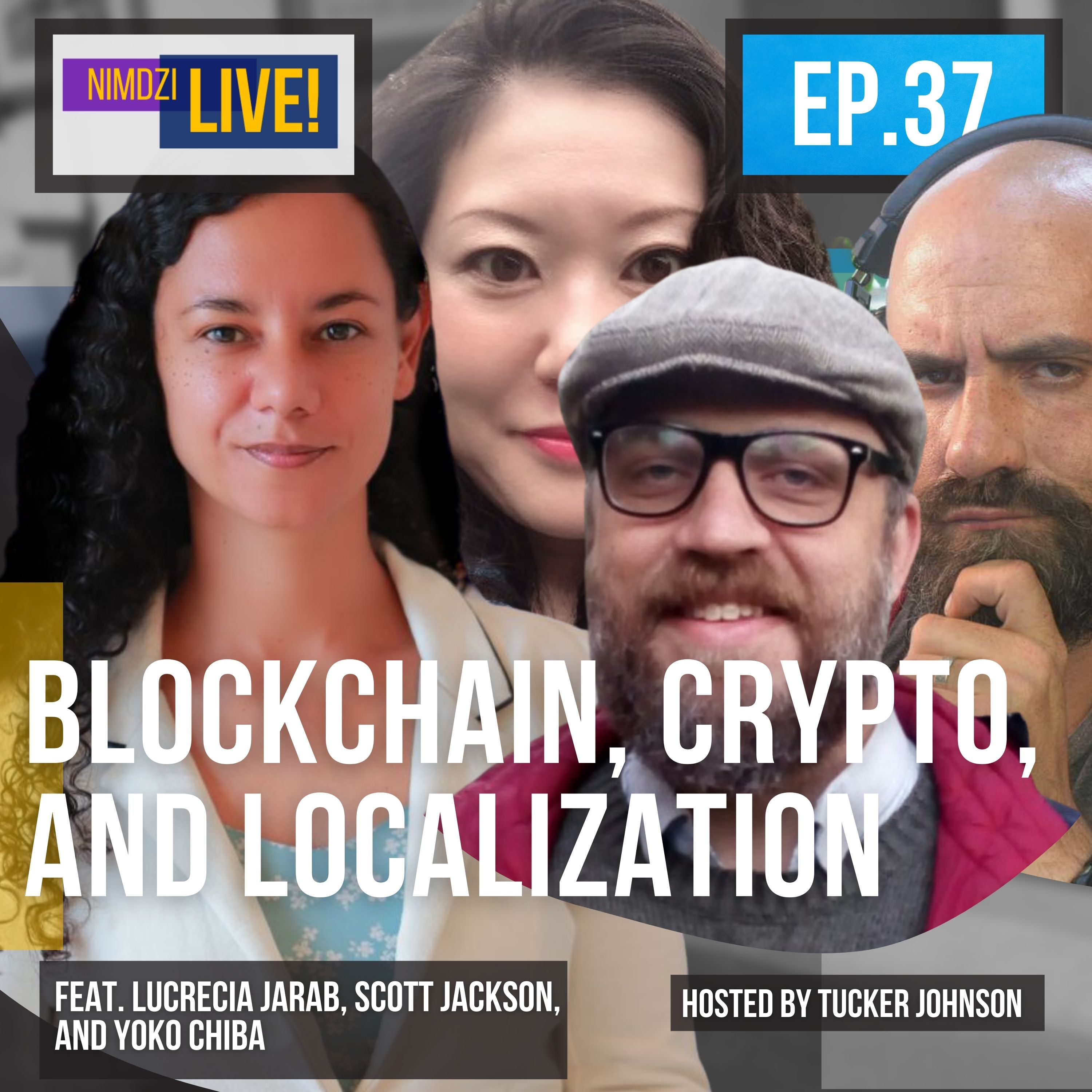Join us for a live stream featuring Michael Souto from Gridly as we examine how game localization used to be done. Think manual workflows, minimal planning, and a fair share of developer skepticism.
We’ll explore how the industry has evolved over the years, what’s improved, and which challenges persist. Michael will also share insights into common mistakes that continue to crop up in modern game localization, along with practical tips to help teams avoid them.
We’ll also discuss why early planning and cross-team collaboration are essential to a successful localization process and how to better educate developers on localization best practices.
About Michael: Michael spent over a decade as a game producer, working on multiple game titles including TimeSplitters 2 and the Commandos franchise, gaining first-hand experience of the challenges of game development, content creation, and publishing workflows. This time in game production gave him an insider’s understanding of how localization often becomes a bottleneck in development and how teams struggle to integrate it efficiently.
Recognizing these pain points, he transitioned into localization products and services with LocalizeDirect, where he helped studios streamline their localization processes and reduce the stress of managing multilingual content. He worked closely with game developers, publishers, and localization professionals, ensuring that localization services were designed to fit the needs of fast-moving game development cycles.
Later, as part of Gridly, Michael took his expertise a step further - focusing on localization efficiency through technology. Moving from a product and loc provider role (LocalizeDirect) to a solely product-focused role (Gridly), he has gained deep insights into how localization tools, automation, and AI-driven workflows can improve efficiency in game localization and beyond.
As a business development leader, Michael is constantly in touch with localization professionals across industries - not just in gaming, but also in SaaS, e-commerce, multimedia, and more. His role involves understanding clients’ pain points, challenges, and expectations, allowing him to see common struggles across industries and identify best practices that work universally.
About Nimdzi Live: There is a shadow industry driving the growth of ALL global brands: Localization. Let’s talk globalization, localization, translation, interpretation, language, and culture, with an emphasis on how it affects your business, whether you have a scrappy start-up or are working in a top global brand.
Would you like to be a guest on Nimdzi Live? Or you know somebody who should? Email [email protected] or reach out to [email protected] so we can coordinate!

This live stream would cover the unique aspects of translation for academic publication and how to leverage academic know-how and expertise to add value...

Want to Transform Your Business to Run Without You and Scale Faster in 2024? Are you tired of feeling like a prisoner in your...

Blockchain and Cryptocurrencies: What's it all about? For those of us in language services, these are areas with plenty of new concepts to wrap...